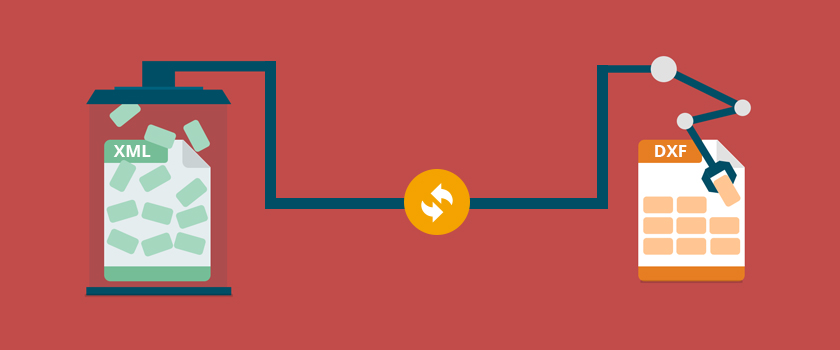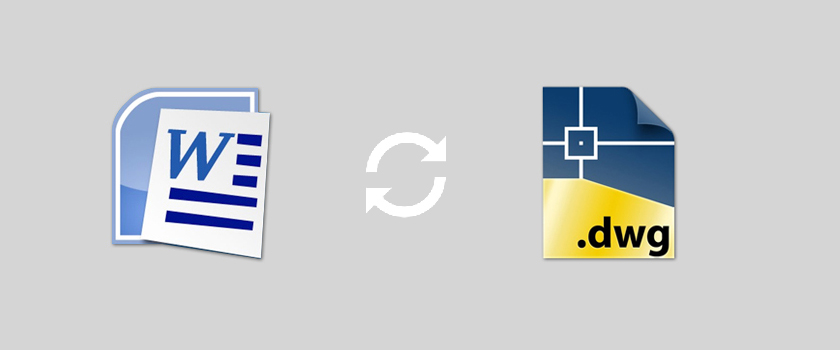Understanding the Importance of Medical Translation
By: Antonia Ava Posted on Tue, 16-06-2020

Understanding the Importance of Medical Translation During the Coronavirus Pandemic
A happy newly married couple James and his wife Amanda met an ill-fate on the cruise ship. The trip that was supposed to be romantic turned into a living nightmare. Where they were jovial for the first week or so now were dreading for their life on the waters of Yokohama, Japan. Stranded for more than two weeks it was the peril unseen for many. The fear was highlighted more as things got complicated when the Japanese medical personnel wasn’t able to get a thing they were saying. After long unveiling dread hours, an English interpreter was arranged to help the situation.
Never had been medical translation seemed as important as now, in the pandemic crisis. With the coronavirus outbreak, the role of the medical translator is that of a goose with golden eggs. Global pandemic revolves around the healthcare industry which makes the medical interpreters and translators a key player in the game of hide and seeks.
To resolve the global crisis is of prime importance, it cannot be done without proper clinical research and analysis. But what good a report will be if it’s in Japanese? James and Amanda could have died if not tested properly or what their concerns were would have gone unregistered otherwise.
The importance of medical translation in dire conditions
The fear and uncertainty faced by the new couple are now faced by millions around the world. Coronavirus is multiplying at horsepower unknown to the modern world. It didn't only shut down borders, flights, leaving ex-pats stranded or immigrants in the dark but also is affecting every individual.
In such times, a medical translator is a life savior. Linguistic services can be provided by professional medical translation services, medical researchers, or even translation apps but as the fear of pandemic rise so does the job opportunities for translation services.
Every healthcare worker is working around the clock to identify and treat the patients in the best way possible with whatever resources are available. The most foremost part is the role-play of knowledge sharing for which translation is a must, for instance, machine translations are helpful like Google Translate but there's still no substitute for a skilled medical translator.
Medical Translators save lives
This virus is unknown to the new world, but with the right awareness, it is treatable. Common symptoms were diagnosed in the early stage that reflects a patient towards being infected like runny nose, sneezing, coughing, tiredness, and muscle ache.
But as most of you know common cold and flu have similar symptoms, so how one can differentiate between the two diseases? Moreover, the identification process is still far more challenging.
To replace the uncertainty and ambiguity for the greater good of public health, medical interpreters and translators can communicate the right way with their expertise in linguistics. If a person is bilingual, this trait will come pretty handy to explain to Koreans or Japanese why they are not allowed in a large group of six and so on.
The war over words is a key to unbreak and discover more knowledge as required and share any discoveries as well.
Aid in Public health at a global level
Pandemic is a global problem. To make sense of what was happening in Wuhan; translation services actively played their role to provide medical translation services from the epicenter of the pandemic. As the virus spread the recorded information including symptoms, diagnosis, and prognosis, tests, etc. was shared at a worldwide level to accommodate health organizations to better understand the root cause of the coronavirus and ways to undermine it.
With the help of medical translators, documents can be translated and interpreted accurately. It also bestows how urgent this matter is and therefore information is sharable in conferences, meetings, briefings, lectures and helps to create awareness at the individual and global level.
The language barrier can cause several misunderstandings and lead to miscommunication rather easily, so it can be resolved by the medical interpreters and translators for the good of public health.
Increasing job opportunities
As a profession, a translator is pretty handy these days. If you are bilingual or even multilingual with a medical background (let's say a student), then you can help overcome the crisis by providing the medical insight in the dominant language.
The need for medical interpreters has risen which brings forth the right information from patient to doctor and vice versa. Being a medical translator you have the opportunity y to horn your translation skills at a small level and increase your skill circle by focusing on global clients.
This automatically increased the demand for medical translators all around the world, companies who are trying to reach clients and provide face masks and other supplements; activists looking to make people aware despite the language differences, etc. are solvable by the right sort of translator.
Clinical trials
Localization offers expandable ways to translate information into another language. This is a quicker way than traditional medical practice. Medical translation provides the right information in the desired target language(s) and offers an input to conduct the clinical trials as well.
Although localization is varied according to the locality which affects the cost rate, however, it is vital to conduct localization process and translation to make sure clinical trials run properly and do not subdue any information which can be handy for the healthcare workers.
Currently, all medical information is relevant, and with local variations, it can prove to be handy to solve the cases in hospitals (region wise).
As noted, a professional medical translator can interpret the information and conduct the required research before they commit to any translation. This shows their professionalism and the right approach towards the dire conditions these days. With no room for error, the job responsibility comes with great risks and any untrained personnel can cause more harm than good (doesn't matter how good their intentions might be), so it's a well-committed service that can help turnaround the pandemic for good.

Africa is the second largest and second most populous continent. As recent statistics suggest, 1,486,275,887 is the current population of
Read more
dxf: DXF is a CAD data file format developed by Autodesk for CAD data exchange between AutoCAD and other software. docx:
Read more
Mars Translation can help you extract the texts in a DXF file and convert them into a XML file so
Read more
Mars Translation can help you extract the texts in a DWG file and convert them into a Word file so
Read more
No state on the western side of the globe can compare the strategic geographic location, diverse multilingual workforce, and attention
Read more
San Diego is California's second-largest city, and it has a population of 1.3 million from which three million residents are
Read more
Dallas is the largest state in Texas after Houston and San Antonio. It is the ninth most populous city in
Read more
In this day and age, users love to consume video content. Statistics show that almost 90% of all internet users
Read more
Virtual reality is transforming our imaginative worlds into existence. Since childhood, we used to create visionary kingdoms and act like
Read more